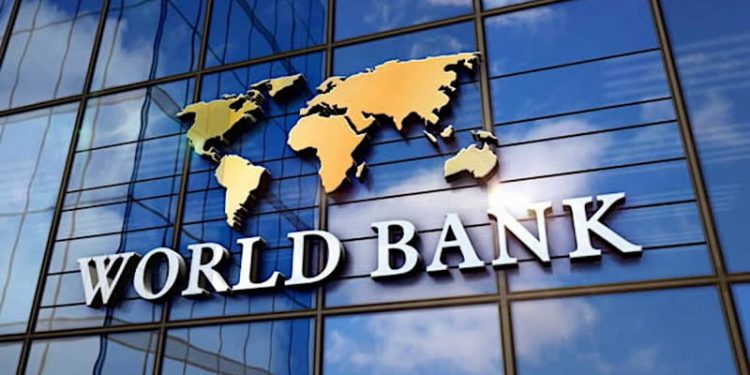In a major move to boost rural economic growth and reduce poverty, the Federal Government of Nigeria, in partnership with the World Bank, has announced a $600 million scale-up for the Rural Access and Agricultural Marketing Project (RAAMP).
Nigeria has approximately 200,000 kilometers of rural roads, but only 40,000 kilometers are usable, leaving 87% in poor condition. This infrastructure gap has hampered agricultural productivity and market access for rural communities.
Speaking in Abuja on Friday, Aliyu Sabi Abdullahi, Minister of State for Agriculture and Food Security, disclosed that the initiative includes $500 million in funding from the World Bank and a $100 million counterpart contribution from Nigeria’s federal and state governments. The upgraded project aims to expand its impact from 19 states to all 36 states of the country.
The RAAMP initiative seeks to improve rural access to markets, enhance agricultural productivity, and provide critical infrastructure such as roads and markets. Abdullahi emphasized that the $600 million investment will benefit millions of rural Nigerians by creating economic opportunities and supporting agricultural clusters.
“This collaboration between the World Bank and the Federal Government will significantly promote rural development, economic growth, and poverty reduction,” Abdullahi stated.
The minister highlighted the project’s alignment with President Bola Tinubu’s *Renewed Hope* agenda, which prioritizes food security, economic growth, job creation, and poverty eradication. He added that improved rural connectivity will establish agricultural clusters, enhance raw material transportation, and support agro-industries crucial for Nigeria’s economic diversification.
Abdullahi also addressed the challenges of rural-urban migration, which he linked to poor rural infrastructure and limited economic opportunities. “If rural areas lack economic activities, the energy of the youth will drive them to urban centers, creating high unemployment challenges,” he explained.
The project, previously funded with $280 million by the World Bank under RAAMP, has seen significant success in its earlier phases. Its scale-up will institutionalize the development of rural road networks across Nigeria. Abdullahi noted that nearly all states in the federation are eager to onboard the initiative due to its proven benefits.
“All parties involved agree that sustainability must be embedded into the project as we move forward,” he added.
The RAAMP initiative marks a critical step toward addressing Nigeria’s rural infrastructure deficit and unlocking the potential of its agricultural sector, creating a pathway for long-term economic growth and inclusivity across the nation.










